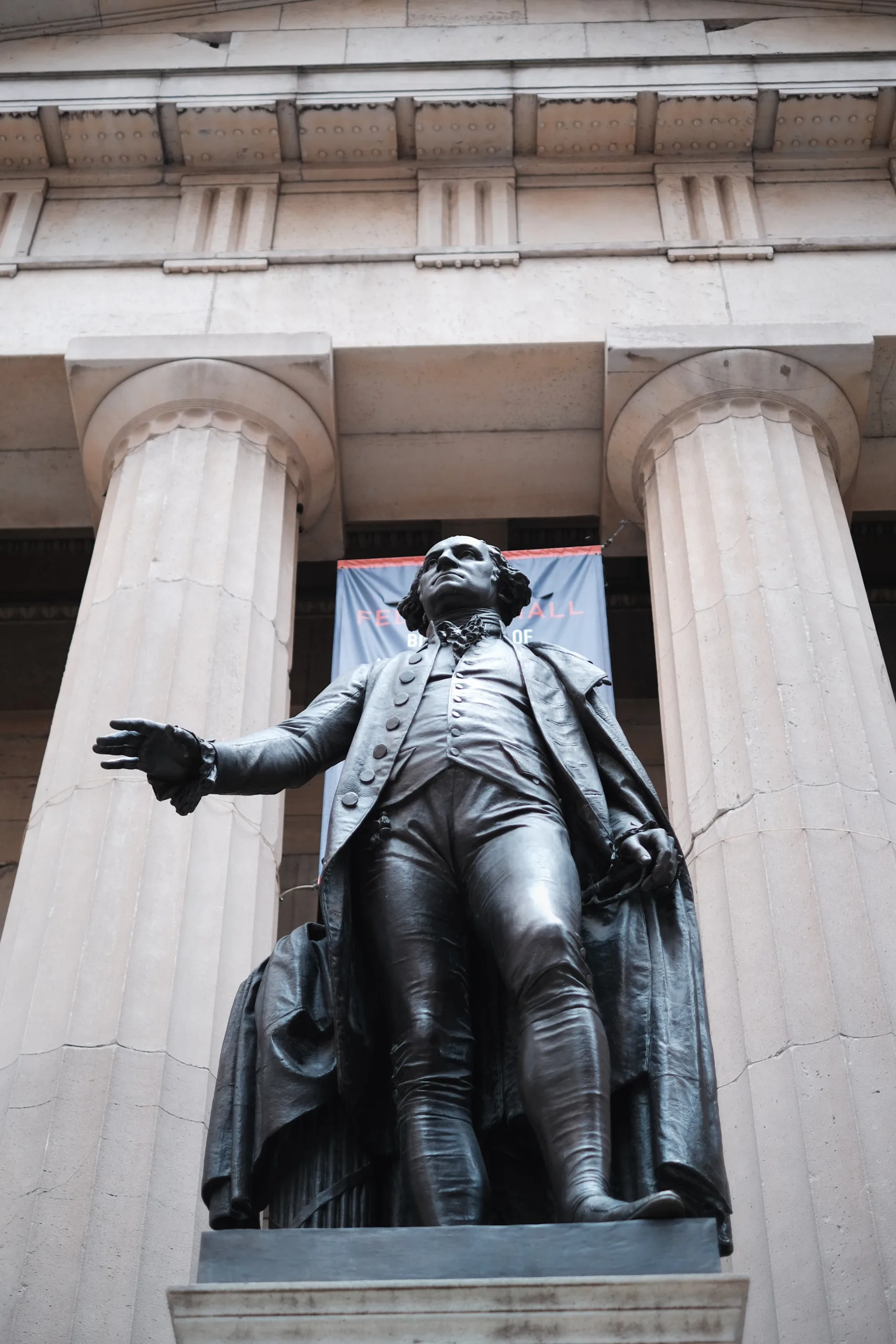A Storm on Ivy-Covered Walls
In a surprising turn of events, some of Wall Street’s most influential figures have joined forces in a revolt against Ivy League universities. Spearheaded by billionaire Marc Rowan, these titans of finance are using their clout to protest the universities’ handling of the Israel-Hamas conflict. Their actions have sent shockwaves through the hallowed halls of institutions like Yale, Harvard, and, in particular, the University of Pennsylvania (Penn).
Behind Closed Doors: Wall Street’s Secretive Discussions
Behind closed virtual doors, Marc Rowan, CEO of Apollo Global Management, and a coalition of finance executives have been orchestrating a clandestine movement. Through Zoom calls and private text chains, they have been strategizing on how to leverage their status as major donors. Their aim? To force these prestigious institutions into making leadership changes, mirroring their sentiments regarding the Israel-Hamas war.
The Penn Alumni Call: Frustrations Bubble Over
During a recent Zoom call, over 400 Penn alumni and donors, led by former class presidents, voiced their frustrations. Marc Rowan, among the speakers, highlighted his concerns about the university’s leadership. A notable moment occurred when long-time investor Steve Eisman announced his decision to disassociate his family’s name from a Penn scholarship, influenced by Rowan’s criticism of the university on national television.
Marc Rowan’s Frustration: A Festival’s Fallout
At the heart of Rowan’s frustration lies Penn’s response to the Palestine Writes Literature Festival, held on campus just weeks before the deadly Hamas attack on Israel. Although the festival featured speakers with a history of antisemitic remarks, Rowan’s ire was directed not at the event itself, but at Penn’s failure to publicly condemn it promptly. He asserted that moral courage was lacking in the university’s response, sparking his call for the resignation of Penn’s president, Elizabeth Magill, and chairman, Scott Bok.
Penn’s Response and the Call for Resignations
Penn’s response, however, took a different path. Instead of bowing to the pressure, the university announced a comprehensive plan to combat antisemitism. Central to this initiative is the establishment of a task force on antisemitism, indicating a commitment to address the concerns raised by Rowan and other donors. Despite these efforts, Rowan’s demands for leadership changes have not been met, leaving the future of Penn’s governance in a precarious state.
Impact Beyond Campus: Political Reactions
Marc Rowan’s campaign has not gone unnoticed in the political arena. Senate Minority Leader Mitch McConnell commended the efforts, highlighting the potential financial repercussions faced by Penn due to the donor boycott. The ramifications of this Ivy League donor revolt are reverberating far beyond the university campuses, raising questions about the influence of private donors in shaping institutional policies.
Conclusion: A Crisis of Conscience for Ivy League Institutions
As Wall Street titans continue to wield their influence in the Ivy League donor revolt, the very fabric of these esteemed institutions is being tested. The standoff between donors and universities underscores the delicate balance between financial support and institutional autonomy. In the face of moral dilemmas and public scrutiny, Ivy League institutions find themselves at a crossroads, forced to navigate the choppy waters of public opinion, donor expectations, and ethical responsibilities.
